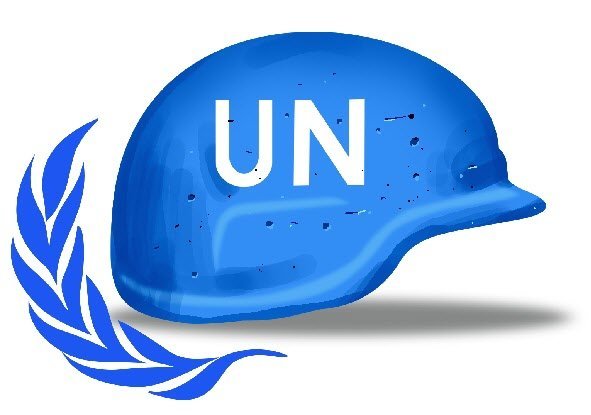The role of UN peacekeepers
The role of UN peacekeepers
Posted November. 05, 2024 07:57,
Updated November. 05, 2024 07:57

Israeli forces attacked Hezbollah and invaded a UN peacekeeping base, which was condemned globally. The history of UN peacekeeping forces, however, shows several similar cases. Peacekeeping forces were often pushed out from areas when conflicts arise, hence the saying “the UN peacekeeping force operates only in peaceful areas,” or “Peacekeeping forces maintain the peace that is already there, not peacemakers that create peace that does not exist.”
Let me clarify that I do not intend to discount the UN peacekeepers' value and efforts. Peacekeeping forces represent an unprecedented, monumental, and noble effort that has been unseen in human history. It is not peacekeepers to blame for appearing to be weak and ineffective in war deterrence in actual combat situations. It is because we misunderstand the role of the peacekeepers. The true misunderstanding involves the idea that physical prevention of war is not easy at all, and it's time we shift our perception of their role.
Resolving disputes requires physical force, resulting in inevitable war in countries. Deployment of the UN's multinational forces adds another layer of conflict, hence resentment between countries. The Korean War, in which UN forces were deployed, was a fortunate case for Korea, for it is not easy to organize a multinational force on a large scale. Major wars have conflicting interests of powerful countries. If troops were deployed in every conflict area, the UN would become a war organization engaging in warfare 365 days throughout the year, driving every country into war.
Some people believe that a warless world is easy to achieve, which is not true. Peacekeeping efforts are a small yet strenuous step toward a peaceful world. Their efforts and hard work should not be underestimated or concluded as useless.
Headline News
- Former commander's notebook includes potential plan to incite N. Korean attacks
- Constitutional Court to proceed with impeachment trial on Friday
- Deputy PM confirms next year’s under 2 percent growth projection
- Ukraine says Russia uses fake IDs to hide N. Korean troops
- Pres. Yoon refuses impeachment documents for a week







